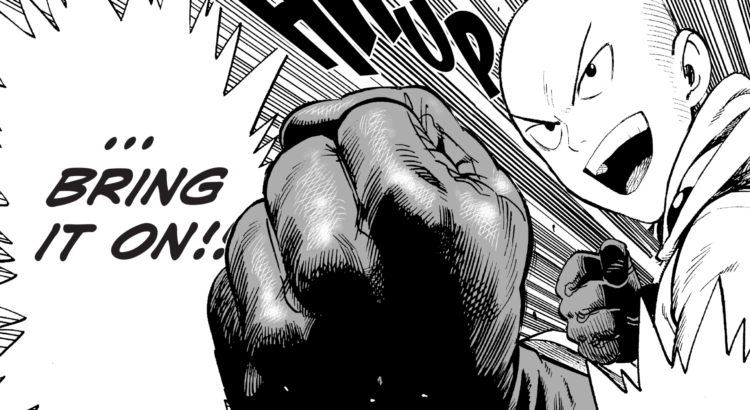As somebody who consumes a lot of art and media, I can tell you first-hand that it’s financially frustrating. I’ll hear about a book that I want to read, or an album that just came out, or a new video game that is stunning, and I always have to come to the same conclusion: I can’t have it all. This is easily attested to by the many lists on my phone of things I would love to get, and also by all the items saved for later in my Amazon shopping cart. Perhaps it’s something unique to me, but I doubt it; I think anybody who enjoys art wants something physical that can serve as a reminder of how great a work of art was. In this way, art is inherently nostalgic, and that’s a quality that I greatly appreciate, being a sentimental person myself. For example, the first video game I ever remember playing was Pokemon Sapphire on my brother’s GameBoy Advance; I absolutely loved it even though I had no idea what was going on (to be honest, I’m pretty sure I was stuck in Mauville the whole time because I didn’t know how to progress).

It was a combination of the style, the game-play, and the interesting Pokemon that kept me entertained, but more importantly, the game came to represent a simple time in my life. Eventually the game was sold, as it became obsolete in the face of iPods and iPhones, and I gradually forgot about it. Then a year or so ago I started to feel nostalgic about the simplicity of the GameBoy; it didn’t need internet, the battery lasted for days, it wasn’t cluttered with apps and social media, and it was a reminder of one of my first great experiences with art. Needless to say, I ended up finding and buying a used GameBoy and started collecting the Pokemon games, which eventually led to buying a used DS Lite for the nostalgia of playing Pokemon Diamond and Platinum. However, the cost was adding up, and I started to realize that I had forgotten the point entirely; I never wanted all of the games, I just wanted the one that was sentimental to me.
I learned a lot from that experience, but most importantly that art can be appreciated and enjoyed in small quantities. When I thoroughly enjoy a work of art, I no longer try to buy everything related to it, instead I focus on the one thing that I loved about it and try to find something that will represent that in a nostalgic way. As a result, I have a little bit from everything: the seventh book of One Punch Man (the style of the fight scenes in this book are especially impressive), the first volume of One Piece, a deck of tarot cards, and a poster from the anime Akira, just to name a few. Each of these things I would love to indulge in, but I’m glad I haven’t; it is essentially quality over quantity, which is perfect for somebody like me who already enjoys so much art to begin with. And as far as cost goes, I can appreciate a work of art without having to waste money; for example, if I wanted to own every manga from Akira, it would run me about $170, when instead I can appreciate it and remember how much I enjoyed it with a $15 poster. Obviously this is just my personal philosophy, and some people might think it’s outrageous to only own one book from a series. I can’t say they’re entirely wrong, and in a perfect world I would want the whole series too, but realistically this is what works for me. So consider this an alternative way of thinking about and appreciating art; perhaps you can find the same value in this philosophy as I do.
(Image Credits: Google Images)



Leave a Reply
1 Comment on "Enjoying Art on a Budget"
This is really interesting. I’m a collector by nature, wanting to own in physical form everything I enjoy. I still have all my old cds (but no working CD player), many books I’m unlikely to reread, postcards from exhibitions I’ve gone to sitting in a box… but it’s been interesting to see how the internet age has changed that. I remind myself that Spotify and the library provide me with much of what I need, minus the physical object forever on my shelf.